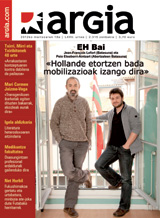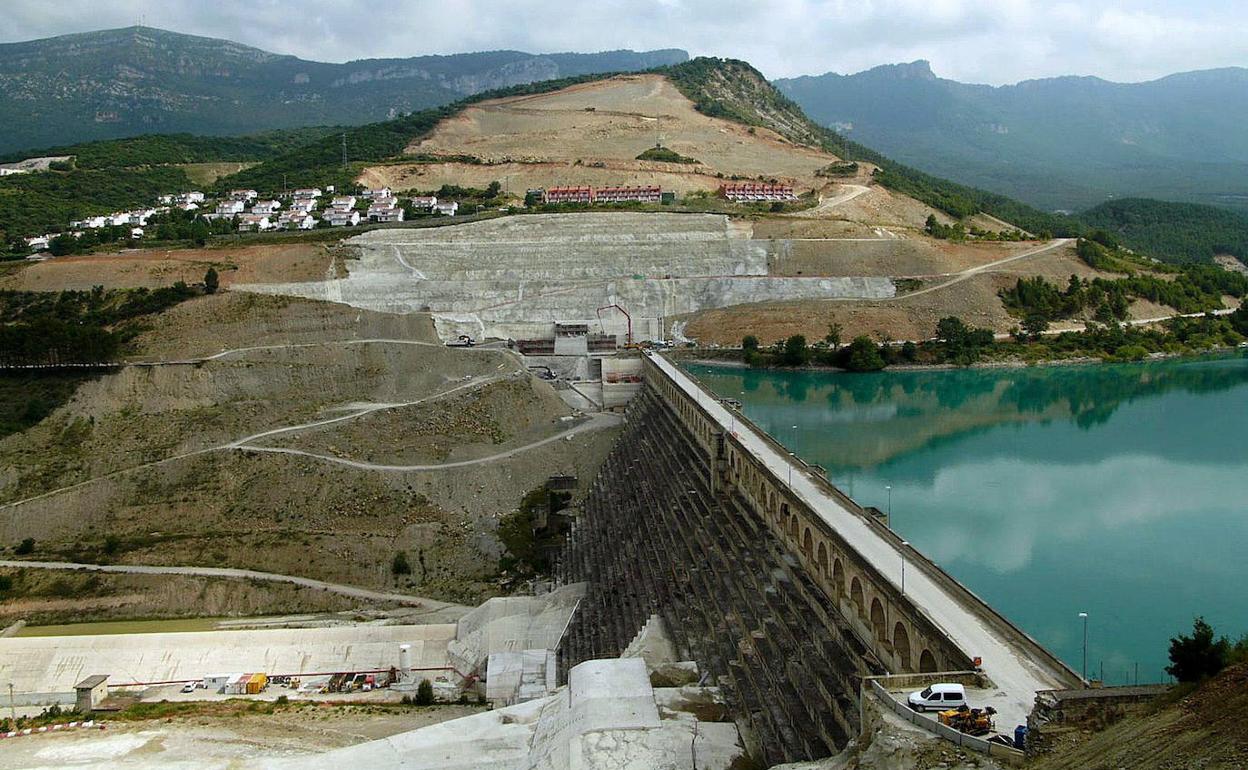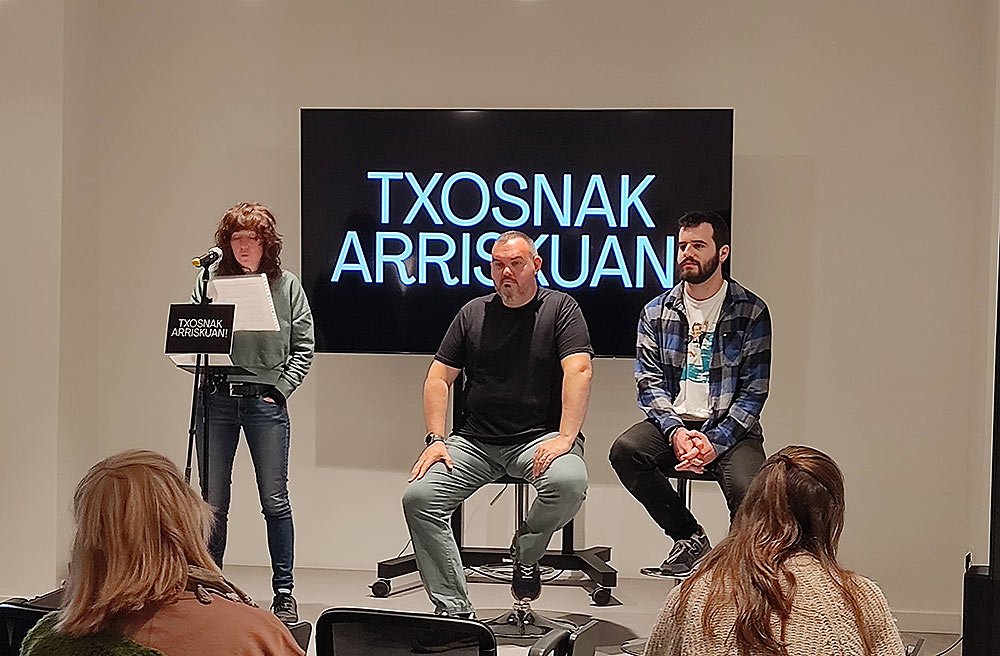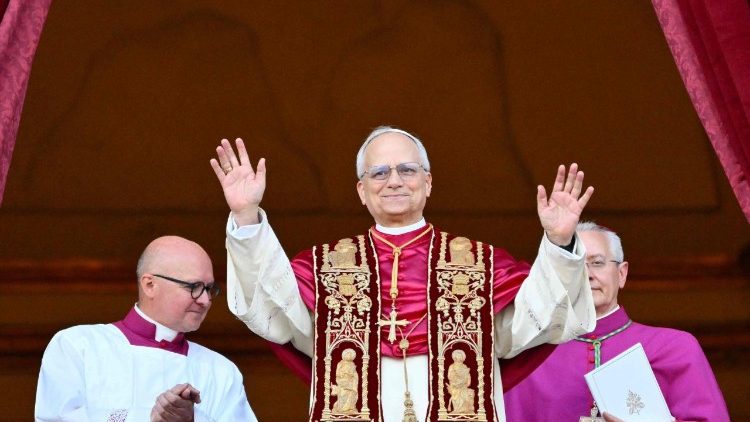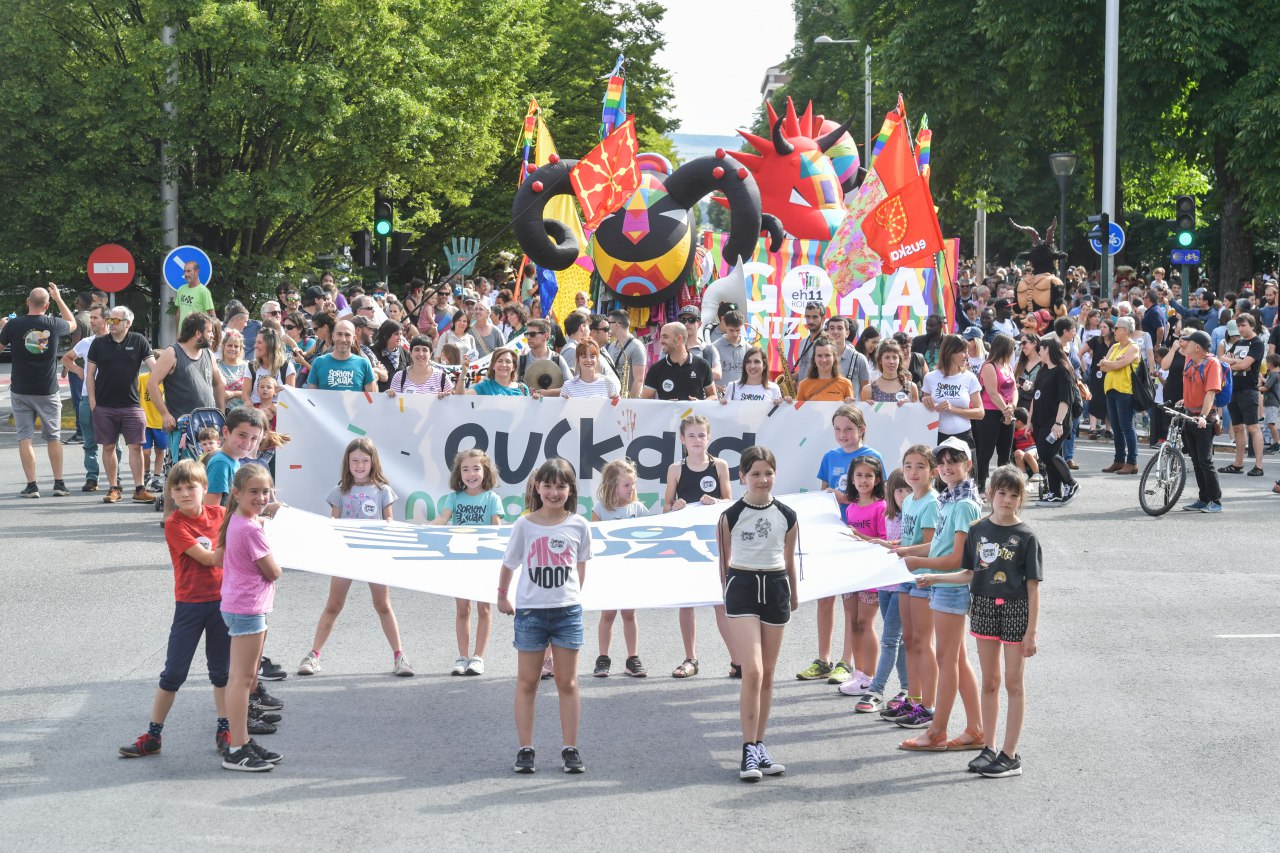Jointly building the Basque institution and the peace process
- We spoke with Jean-François Lefort (Biarritz, 1970), Batasuna, and Peio Etxeberri-Aintzart (Baiona, 1973), Abertzaleen Batasuna (AB). Both have spoken to us on behalf of the Basque coalition Herria Bai (EH Bai). The visit of the French President, Nicolas Sarkozy, to Ipar Euskal Herria, the forthcoming presidential and parliamentary elections, as well as the political project that EH Bai intends to carry out on the occasion of the next two elections, have been some of the issues addressed.
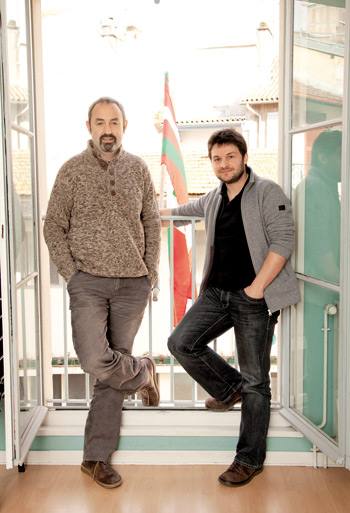
The beginning of March has been very moved in Ipar Euskal Herria. The visit of the French President, Nicolas Sarkozy, on the first day of this month, has caused the eruption of many citizens in Itsasu and Baiona. On the third day, in response to the call from the Batera platform, 1,200 people have blocked seven points of the Basque road network. Events and reactions have shaken the French political voice; they have put on the table the issues dealt with by local elected officials and political actors.
The president of the State has moved to Euskal Herria on the eve of the vote campaign. What do you think of Sarkozy’s welcome?
Peio Etxeberri-Aintzart: We have, of course, welcomed the mobilisation that has taken place in Baiona. What happened confirms what we had previously announced, that Sarkozy was not going to be well come to Euskal Herria. In fact, Sarkozy has shown no interest – either as president or as a candidate – in the Basque issue, he has made no proposal on the Basque problems that we have on the table today. He has come to Baiona as if he had gone to any city in France, without taking into account that there are specific issues here. The mobilization has shown a social concern: on the one hand, the inadequacy of the neoliberal management that Sarkozy sustains in a situation of economic crisis, and, on the other, the indifference of the government to the request of an institution of its own in the Northern Basque Country, including the question of language. The mobilizations have also shown that the peace process, including the question of prisoners, to guide the democratic resolution of the conflict in Euskal Herria is not taken into account.
However, President Sarkozy said that the rapprochement of Basque prisoners is “possible and desirable”.
Etxeberri-Aintzart: Yes, of course. Society had to respond strongly and we have achieved at least the following result: Sarkozy has been forced to answer a number of questions. So for the first time, we heard Sarkozy say that. Although he said it without enthusiasm, there is something, and it is interesting, because thanks to the mobilizations he has been forced to refer to the issue of prisoners. Obviously, Sarkozy would have preferred to come here to talk about the issues he usually mentions in France, not the issues that relate to Euskal Herria. However, you referred to a subject of law and political principles, on Sarkozy’s lips we have never heard of the rapprochement of Basque political prisoners. What Sarkozy said, however, is nothing more than comply with the law, but if he took that action, it would give a kind of humanization to the political conflict. Even knowing that amnesty is the most important to resolve the political conflict, however, rapprochement could be the first step. The result is the release of prisoners in the resolution of political conflicts in the world. But Sarkozy hasn't said that, but both states will have to accept that principle and that conclusion at the end of the process.
What Sarkozy has said can move the government of Mariano Rajoy?
Jean-François Lefort: In part, yes, because these words reflect the discrepancies or nuances that both States may have on the subject. That's interesting, but it's not completely new. Jean Grenet, Mayor of Baiona (UMP), recently made statements in the French Parliament to support the process, as did the centrist Jean-Jacques Lasserre in the Senate. Last December, the PSE also participated in the demonstration in favour of a solution. As the political process progresses in Hego Euskal Herria, these political forces are taking steps in Iparralde. The political forces in power have shown a new willingness to participate in the mobilizations that are called for a solution. Of course, another thing is the practice of the French State. Every fifteen days he is engaged in arrests, hitting ETA or the youth movement, according to the same source. It still applies the Euroorder. Repression is the real practice of the Sarkozy government. Baiona's bad reception is partly due to this.
There have also been demonstrations against the reform of the Batera platform. The call has brought together 1,200 people in seven areas of the Basque road network.
Etxeberri-Aintzart: In the mobilizations made by Batera there is one thing clear: that the political forces have different institutional projects. The differences between the militants of the French parties and EH Bai are obvious, for example, we want a special institution with the broadest competences, while some militants from other parties want a smaller institution. However, Batera is an important meeting point, uniting us with the participatory principle, that is, we all have to offer a consultation to the public. Following the visit of Sarkozy, once again, seven points of disconnection have emerged between the politicians of Paris and Basque society. Communication between high-level politicians and the social base of the people is cut off. After the recent mobilisations, this deficit has become more evident.
At Anarte, once the structure of Pays has been exhausted, the Council of Elects will make known its views on the Territorial Community. What do you think?
Lefort: Faced with this project, there are different positions. However, it is interesting to have such forums. We shall soon see what the analysis of the electorate responds to. Discussion of the territory may be limited only from the socio-economic point of view of the territory. On the contrary, we believe that the theme of the Basque institution should be analyzed together with the theme of the political process currently taking place in Euskal Herria. The issue must be discussed and agreed between society, from our point of view the institutional demand and the peace process must be developed together.
In any case, in the decisions of the Development and Elected Councils, the State exercises the right of veto and limits the demands in practice. Therefore, the issue of the institution must necessarily be linked to both participatory democracy and consultation. The prefect or the state should not decide what is worth to Ipar Euskal Herria. On the contrary, the state must guarantee the right to decide on the status that the Basques want. There is an in-depth debate there. In this new phase, one of the themes of the peace process that has been launched in both States is the recognition of consultation, of the right to decide on our future.
The elections to Parliament and the French Presidency shall be as follows: What is EH Bai's project in front of these?
Lefort: EH Bai presents itself for the fifth time in the elections, it must be stressed, it is not always easy for the EH Bai coalition to come into force and be able to come forward. EH Bai is gaining more and more strength among the other political forces; at the moment, the AB and Batasuna militants mainly support EH Bai. Today, however, beyond working towards the elections, it is more fundamental to respond to another need: to organize well the left and the Abertzales. We're not just talking about AB and Batasuna militants. For example, the candidates for the elections in the Basque Country or in the Canton were not, or were not, all the members of these two parties. EH Bai is increasingly influencing society, we have to be aware of it and organize ourselves accordingly. We want to stabilize and perpetuate HD Bai and to do so we are working and adopting new attitudes.
However, Eusko Alkartasuna is not present in EH Bai. Why?
Etxeberri-Aintzart: You have to ask EA. The only thing we say is that, although in this period EA has wanted to present in another experience or in a coalition [with ecologists, among others], the most important thing is to continue in a common long-term dynamic. That is, because EA is not with us, EH Bai has not ceased to be, that is, EH Bai has not relinquished its collective intention and dynamic to accumulate all the forces of the left abertzale. Surely, in the future, EA will again be linked to the EH Bai project. The differences and the small cheats that have been given in this period are of no importance, what matters most is that a new wave of people is underway and is not going to stop. In this new context, it is essential that all the lines on the Abertzale left choose to meet in the medium term. That is the way, both in the North and in the South, to build up forces and achieve better results in the votes. The results obtained by Bildu and Amaiur have been magnificent, and in the votes that have come we hope that the candidature of the Abertzale left will yield impressive results. Here too, in the same vein, we recall that the results of the French Parliament are very good, and that will be a new signal to start a new process at national level. All this shows the position of the left and the abertzales: coherence.
How do you want to participate in the campaigns? Will you seek alliances with other parties? What are the objectives?
Lefort: In order to organize a political project, you first have to take root your political strength and in that task work continually the ideological struggle. There are ways and times to do this: through popular movements and mobilizations. It's eleven roads. Among them, the path of elections is the same. The left abertzales, through EH Bai, we have to learn how to defend our project in the elections. Then they can be alliances, but they're really short-term initiatives. Our ambition is to be a leading political force, and for that we must continue to work on the ideology of struggle. Our objectives therefore do not include short-term results. What is more, for us local elections are more fundamental than the next two. For the Abertzale left will be the most important moments to win some Houses of the People, as well as to get the best results. The results of the votes in the Basque Parliament are not in our interest. However, we want the maximum possible result to prepare for the future. If we then continue to work enthusiastically, the Abertzale movement will be able to obtain spectacular results in the votes of the people. We have to start working from the presidential campaign itself to move the EH Bai project to the citizenry.
How does EH Bai envisage the formation of lists of candidates?
Etxeberri-Aintzart: Clearly, we have not presented any candidates in the presidential elections, but we do not support any other candidate either. Our role is to put on the table issues that the candidates have never defended. In other words, we have moved the institution’s problem to Sarkozy’s visit. Therefore, each candidate will be questioned through a block of questions and we will publicly assess the answers. Consequently, our electors will decide who to vote for. That is our main initiative. With regard to parliamentary votes, we will have candidates with our programme in the three constituencies. As has been said, our role and interest are not limited to those votes, our prime objective is the votes of the people, and it will reflect the most comprehensive project of the Basque left. In the campaigns of these two elections, in general, either the issue of proportional voting principle, or the issue of social VAT or economic issues. The citizens will have our message on each of the issues, so we are preparing and adapting our political project to the votes of the People. In other words, the left-wing nationalists want to take advantage of the echo of these elections in order to build our political project. EH Bai has to be a solid long-term political project.
François Hollande is another candidate. Do you expect anything from the PS candidate's visit?
Lefort: If Hollande arrives, there will be mobilizations, because so far he has not proposed anything to solve the problems of the Basque Country. Furthermore, of course, the Socialist Party coincides with the liberal economic policy pursued by the system, the HP is the strength and the pillar of that system.
Hollande could be the new president of the Irish Generalitat. Can this option condition the way HD Bai works?
Lefort: One of the lines of our campaign is our contribution on the road to peace. We are prepared to make our political contribution, even more so, if he made the political recognition of Euskal Herria, welcome. If Hollande were president, we would be willing to enter that exercise, but that is not what we are talking about in an electoral environment, but at a time in power. We know the Socialist promises, in practice we know what they have done in the past, they have never kept their word.
Socialists could develop another policy of decentralisation of the state. Are you hopeful?
Etxeberri-Aintzart: If the right wins again, they say that they will carry out the reform of the territories. If the Socialists win, for the third time, they have said that they will try to decentralise France. However, they are just words. We have to develop our project in this context. We know the Socialists, starting with François Mitterrand and then Lionel Jospin. The hopes of the Socialists have long been thin. We first want actions and then, depending on them, we may give them confidence, but not the other way around. If Hollande were president after seeing what action he takes on the Basque problem, we could answer that question.
Can we, however, think that the issue of Euskal Herria has a place in the struggle between the two main candidates?
Lefort: Yes, regardless of whether the political agenda of Euskal Herria is what it is, we might think that the two top candidates are competing, but we do not dream. We know that in an electoral environment the candidates make promises. For us now, the important thing is to promote the accumulation of forces in the Basque Country and, subsequently, to condition its policy before the future president. In general, the first task is to take the forces that we have to bring together to build the Basque Country and to condition the policy of Madrid and Paris.
Aieteko Konferentzia, ETAk behin betiko armak utzi izana... Ekimen horien ondoren nola garatzen ari da aro politiko berria Euskal Herrian? Hots, nola baloratzen duzue bake prozesuak egin duen bidea Iparraldetik?
J. F. Lefort: Egoera berriaz ez dugu sobera baikor ez sobera ezkor izan behar, errealistak baizik. Guk, bistan da, Aieteko Adierazpenak zabaldutako bidearekin bat egiten dugu. Iparraldetik ikusita baikorrak gara Nazioarteko Batzordeak Frantziako Estatua gatazkaren lehen lerroko partaidea izendatu baitu. Ezkerreko indar abertzaleek lortutako emaitza da, urte askoren borrokaren ondorioa, horregatik EH Baik bake prozesua era positiboan baloratzen du. Eta beste indar politikoek ere, haien heinean, positibotzat jotzen dute zabaldutako bake prozesu berria. Gogorarazi behar da Aieteko Konferentzian UMP, PS eta MoDem-eko hautetsiak izan zirela, ez ziren ordezkari ofizialak, PSren kasuan salbu, baina haien presentzia –Nazioarteko Konferentzia izanda– elementu gakoa izan da Frantziako Estatuari begira. Konferentzia aintzat hartu dute eta elementu biziki baikorra da.
Norabide horretan bi eztabaida ireki dira: gatazkaren iturrian dagoen gatazka politikoa, Euskal Herriaren aitortza politikoa eta erabakitzeko eskubidea ekarri behar dituena. Horiekin batera, gatazkak utzi dituen ondorioak eta berauek konpontzeko moduak eztabaidagai direlarik.
Hasteko, preso eta iheslarien eta errepresioaren aitzinean iharduki behar dugu. Bistan da, urratsak bakarrik alde batetik eman dira, Parisek (nahiz eta Sarkozyk presoen aldeko hitzak adierazi dituen) Euskal Herria ukatzen segitzen du, gure eskubideak ukatzen, areago Frantziako erantzuna eta alternatiba bakarra errepresioa da. Hegoaldean bezala funtsean, gu bide hori lantzen ari gara, hemen bi estatuen aldetiko errepresioa sentitu da, gogorki, eta urratsak eman behar ditugu bidea zabaltzeko.
Horiek horrela, agerikoa da eguneroko mobilizazioa karriketan bizkortu dela Iparraldean. Abertzaleen eskakizunetan, bistan da, baina baita Garapen eta Hautetsien Kontseiluen eztabaidetan, hala nola goi-mailako hautetsien ahotan ere instituzio baten beharra entzuten da. Euskal Lurralde Elkargoaren edo nolabaiteko egitura gero eta indar gehiagoz aipatzen da. Badago zerbait berri eraikitzeko nahikaria. Noski, aitortza politikoaren aldeko sostengua indartzen den heinean instituzioaren eskuduntza handiagoa izanen da. Beraz, EH Baik bere lana zentzu horretan garatu beharko du.
Iparraldeak aitortza politikoaren ildoan zerbait ekar al dezake? Bateraren filosofiaren ildoan, esaterako.
P. Etxeberri-Aintzart: Bistan da, baina ez Bateraren eskutik bakarrik, mundu abertzalearen iniziatibez gain, badira ere beste mugimendu bateratzaileak, mugimendu politiko franko dago. Adibidez, Euroaginduaren eta AHTren kontrakoak. Hots, jendartean aldarrikapenak daude eta hauen erantzunetan, jendartearen ordezkari ezberdinak –jende-olde bateratuan– biltzen direla ikusten dugu. Ekimen molde hau eredugarria izan daiteke nazio mailan. Batera-ren ekimenetan eta gainerako mugimenduen ekimenetan, ekologistak, PSko eta PCko militanteak batzen dira, garai batean abertzaleek soilik defendatzen dituzten gaien inguruan. Herri bat eraikitzen ari dela ageri da hor, eta mugimendu hori bultzatu duen indar nagusia abertzalea izatea ez da kasualitatea.
J. F. Lefort: Dudarik gabe, indar metaketaren bidez lortuko dugu blokeoa haustea. Horretarako borondatea handitzen ari da bai Hegoan bai Iparrean. Iparraldean indar metaketaren aukera posible ote den epe laburrean? Baliteke. Alabaina Aieteko Adierazpenaren ildoan ari bagara, indar interaktiboak garatzen baditugu, guk Hegoaldea laguntzen ahal dugu hemen beste indar politikoekin batera bidea jorratzen ari garen zentzuan eta ildoan. Dena den, kontuan hartu behar da ere ezker abertzalea hegoaldean bide horretan ari dela, ildoak batzen.
Hemen EH Bai dugu aukera, han Bildu eta Amaiur, eta geroan [EAEko bozen karietara] sortuko dena. Elementu baikorrak badira, eta horiek esperientzia nazionalaren bidean batzen baditugu sekulako urratsak emanen ditugu. Noski, guk oraindik ez dugu Hegoaldean bezala, jendartearen %30 biltzen. EH Baik ere indar hori izatea nahi genuke, baina ez gaude egoera horretan. Gure lana, oraingoz, baldintzak sortzea eta proiektua indartzea da, hemendik 15 urtera hiri nagusietako botere-gunetan sartzeko. Hori urratsez urrats lortzen da.
Hegoaldeko hainbat eragilek –abertzalek bereziki– alderdien mahaian eta prozesuan Iparraldeko indar politikoak izatea proposatu dute.
P. Etxeberri-Aintzart: Horren gibelean badago printzipio bat eta da: gatazka politikoaren konponbidea prozesu nazionala izatea, beraz, prozesua Hegoaldeari nahiz Iparraldeari dagokie. Egoera ez dira berdinak lurralde guztietan baina, helburua prozesua nazionala izatea da, beraz, nazionala den aldetik, lurralde guztietako indar politikoek parte hartu beharko dute. Bistan da, indarrak ez dira berak, baina prozesua bai, AB, Alternatiba, Aralar, Batasuna, EA, baita Euskal Herriko gainerako alderdi guztiek parte hartu behar dute alderdien mahaian.
Zertan da ABren eta Batasunaren arteko harremana eta bilakabidea?
J. F. Lefort: Diferentziak horiek leundu ahala, anartean, fase politiko honetan dagoen lehentasuna aukera eta ildo politikoak batzea da. Izan ere, Iparraldeko beste indar politikoek abertzaleen iritziak gero eta serioago hartzen dituzte, beraz, horren araberako bilakaera eta bateratasuna behar ditugu landu. Ezin dugu egoera berriaren aurrean iraganeko bitartekoez erantzuten ahal, ez da egokia. Horrek ez du erran nahi azken hamarkadan izan diren zatiketak gaindituta daudela, baina badago borondatea elkarlana lehenesteko. Iraganean sortutako diferentziak gaindituko ditugu arduraz jokatzen badugu. Datozen asteetan gero eta gehiago zabalduko dira bide komuna egiteko gure asmoak eta ekimenak.
P. Etxeberri-Aintzart: Baldintzak eta beharrak daude. Azken urteetan sortu diren baldintza berriek beharrak sortzen dituzte, eta beharrak ere bide egiten duelarik baldintza berriak sortzen ditu, baldintzek eta beharrek elkar elikatuz sortzen dute bidea. Ikusiko dugu zer emanen duen bideak, baina gisa guztiz, ezker abertzalearen birsortze prozesu batean ari gara denok, eta azken bi urteetan bide iraunkor bat urratu da norabide horretan.
Andrea Velasko dietista eta nutrizionistak elikaduraren bidez menopausiak eragindako aldaketak kudeatzeko zenbait gako eman ditu.
BRN + Auzoko eta Sain mendi + Odei + Monsieur le crepe eta Muxker
Zer: Uzta jaia.
Noiz: maiatzaren 2an.
Non: Bilborock aretoan.
---------------------------------------------------------
Ereindako haziek ura, argia eta denbora behar dute ernaltzeko. Naturak berezko ditu... [+]
Antonio Turiel fisikari eta CSICeko ikerlariak aspaldiko urteetan ez bezala bete zuen Hernaniko Florida auzoko San Jose Langilearen eliza asteazkenean. Zientoka lagun elkartu ziren Urumeako Mendiak Bizirik taldeak antolatuta Trantsizio energetikoaren mugak izeneko bere hitzaldia... [+]









